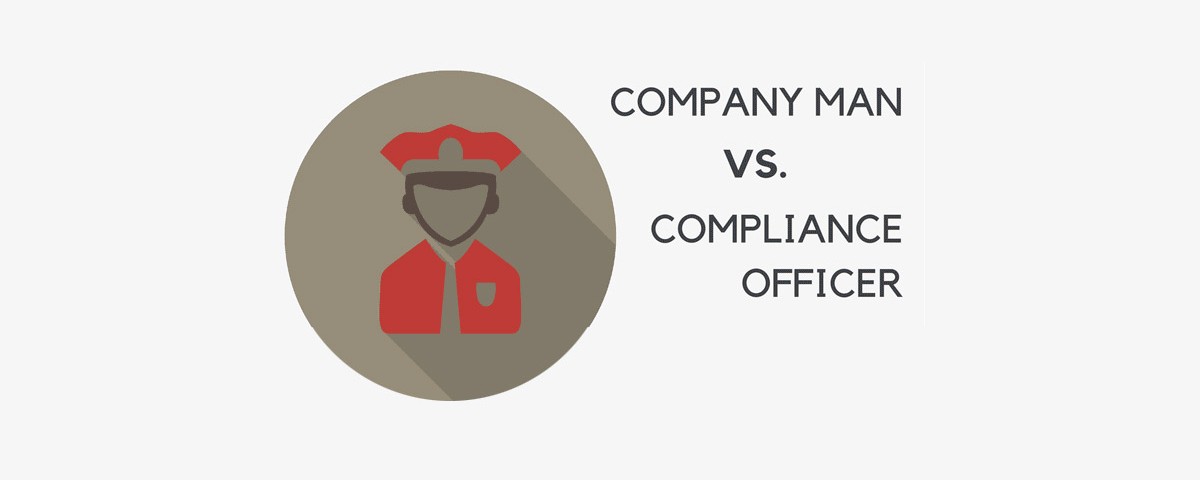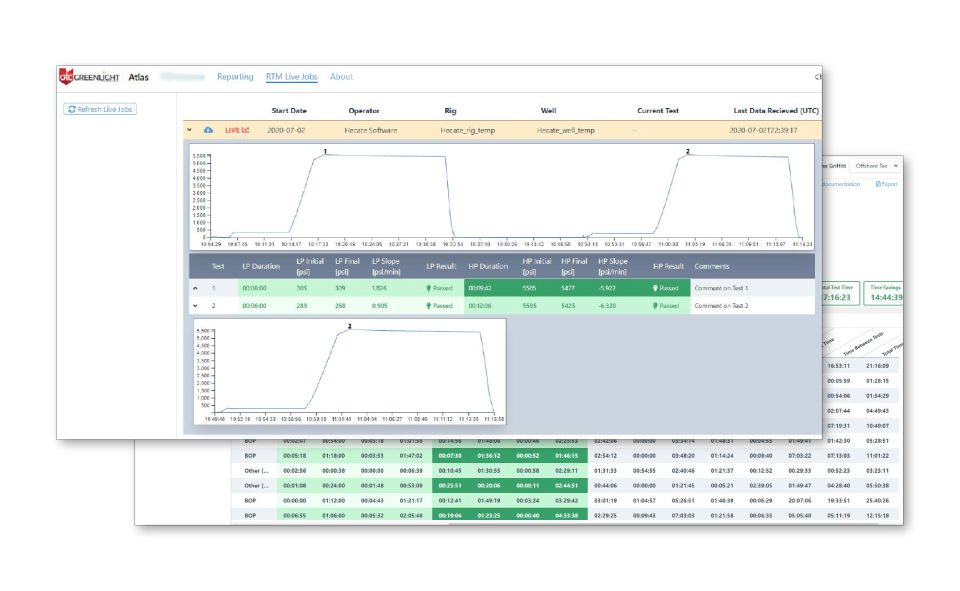In today’s complex offshore drilling environment, drilling managers can wear many hats on a daily basis. The conventional company man has a long history of serving his company through the management of logistics, personnel and drilling programs, but with the ever-evolving regulatory guidelines, compliance now plays a significantly larger role in the day-to-day operations for operators and drilling contractors. As the traditional company man begins to take on more key roles in the company, compliance can be easily overlooked.\
In order to keep compliance from falling to the wayside, companies can choose to separate compliance functions from key management operations, establishing a system of checks and balances to more effectively achieve the goals of the compliance programs set in place. By enlisting the help of free-standing compliance officers, companies are able to ensure independent and objective reviews and analyses of all operational compliance efforts.
With drilling managers being pulled in so many different directions, it may be easier to simply define the company’s compliance standards, but without establishing a proper safety leader, the company is at risk for failing to meet current compliance and safety regulations. A compliance officer, however, is directly involved with the implementation and monitoring of all compliance-related operations and processes to ensure the established standards are being met.





